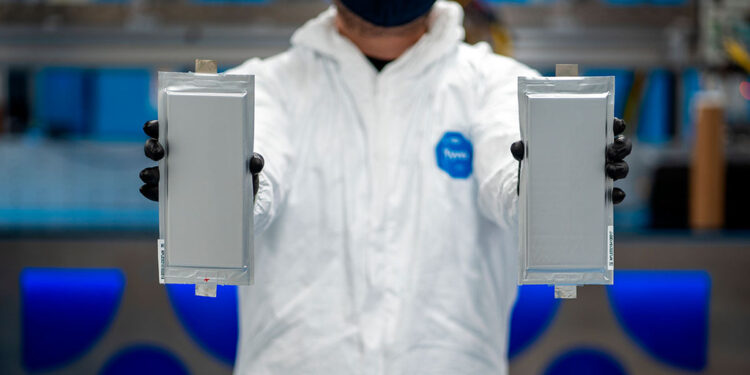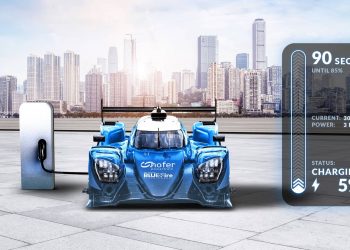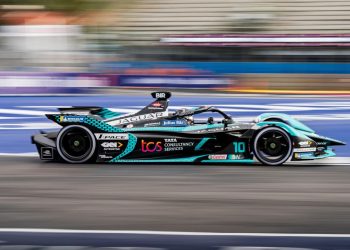BMW and Ford announced an increase in investment in solid state batteries with a new round of financing of 130 million dollars for Solid Power.
Solid Power, is a Colorado-based startup (newly created company that markets products or services through the use of new technologies with a scalable business model) that emerged from a battery research program at the University of Colorado Boulder. BMW invested in the startup in 2017 and Ford followed up with its own investment in the company in 2019.
Along with the investment, BMW and Ford “expanded existing joint development agreements with Solid Power to secure all solid-state batteries for future electric vehicles.”
Solid state batteries are widely regarded as the next generation of battery cells to power the sale of electric vehicles. They offer advantages such as the potential for higher energy density (longer range), faster charging, and may be more secure.
However, there have been problems bringing them to volume production at a cost where they can compete with the latest lithium-ion battery cells that have brought the cost down significantly over the last decade.
It may also interest you: The scientific innovation that will give drivers an “X-ray” vision
Faced with the problem, several companies claim to be solving those problems and are now ready to invest in mass production of these solid-state cells. In this sense, car manufacturers have shown interest in seeking to ensure the supply of battery cells to support their plans for electric vehicles.
“The investment positions Solid Power to produce full-scale automotive batteries, increase associated material output and expand in-house production capabilities for future vehicle integration. The BMW Group and Ford aim to utilize Solid Power’s low-cost, high-energy all solid-state battery technology in forthcoming electric vehicles,” Solid Power says in a press release.
The company said both Ford and BMW should use batteries from that pilot production line next year to test in their own electric vehicles.
If all goes well, it will be a few more years before they can go into mass production and put the batteries in production electric vehicles.
Written by | Gabriel Sayago












